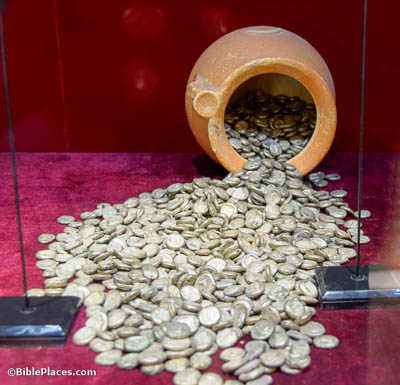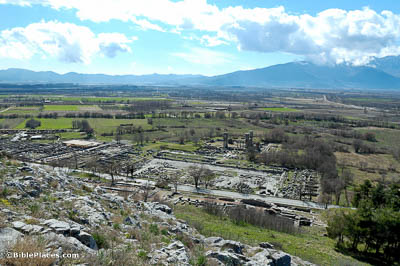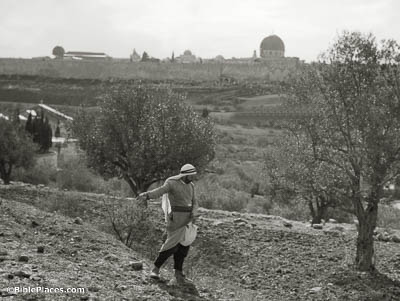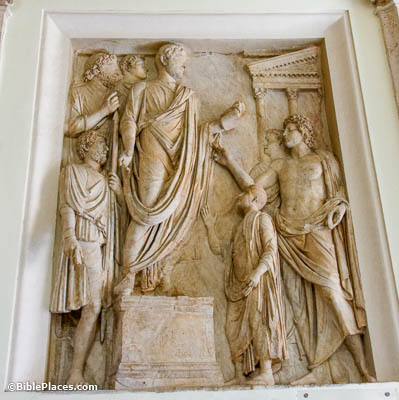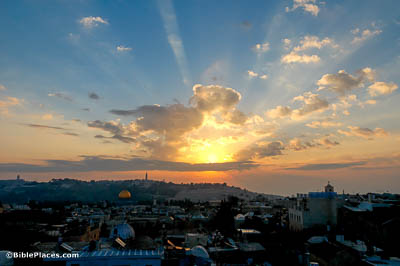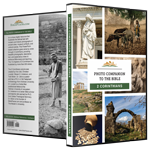It is not really necessary for me to write to you about this contribution for the saints (2 Corinthians 9:1).
Given the context, the “contribution” mentioned here is clearly a collection of money to be used for other churches. It is usually considered to be the collection of money also mentioned in Acts 24:17, 1 Corinthians 16:3, and 2 Corinthians 8:4, 18-19. Carrying this large collection of money may have been one of the factors in Paul’s decision to double back through Macedonia by land to Jerusalem (Acts 20:3) instead of by sea from Corinth. Even though this had been his return route previously (Acts 18:18), a long voyage on the open sea carried too much of a risk that the money might be lost. This hoard of Greek silver coins is slightly earlier than the time of Paul.
